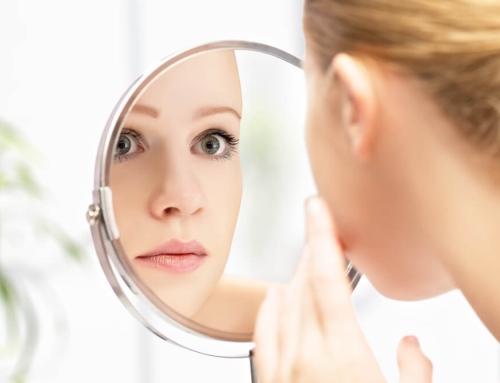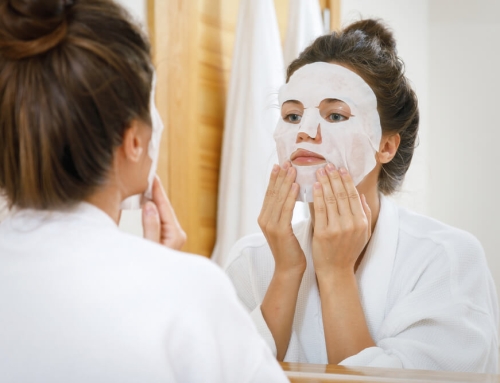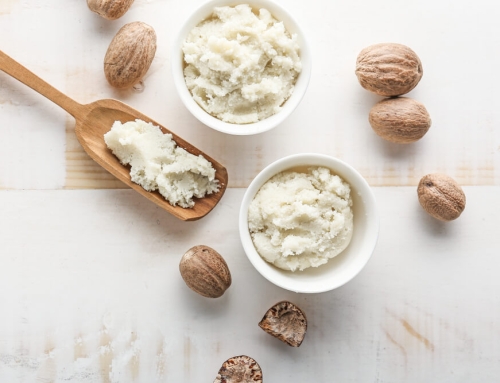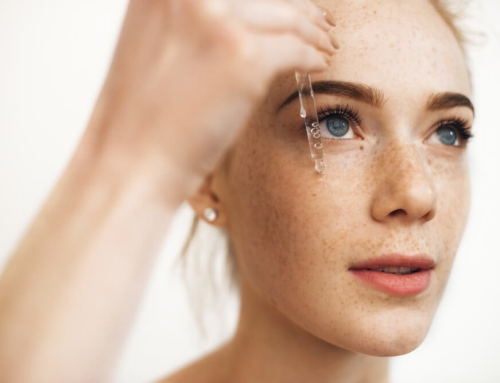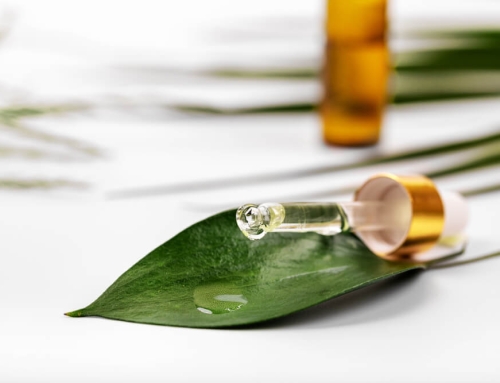It is common knowledge by now that prolonged exposure to the sun will damage your skin. In the short term, a sunburn may not seem too bad, but, in the long term, chronic sun exposure will lead to photo-aging, meaning deterioration due to sunlight. Often, the effects of sun damage can take twenty years to become apparent, which is why, once you are in your 30s, you are likely to begin witnessing the first signs of the sun damage that your skin has experienced over the years. This can be in many different forms, from pigmentation to dark spots, and while there are many products designed to target these issues, these are some of the ingredients that will be most beneficial when tackling sun damage in your 30s.
Vitamin E
In a way, vitamin E acts as a bodyguard for collagen, preventing it from being destroyed. It is also able to protect skin cell membranes from oxidative damage, which is something that plays a major role when it comes to aging.

Vitamin C
The number of free radicals within the body increase with the amount of sun exposure your skin has experienced. These free radicals attack the skin cells and break down collagen, causing premature aging, melanomas and so much more. Vitamin C is one of the best ingredients for fighting these free radicals while stimulating the formation of collagen. It is also fantastic at guarding the skin against UV rays, and, while it can’t be used as an alternative to sunscreen, it is able to provide the skin with some extra, and much-needed, protection.
Alpha Hydroxy Acids (AHAs)
Rather than fighting the damage caused by the sun, AHAs work more as an exfoliant. Regular usage of AHAs will clear your skin of its top layer, which mostly consists of dead skin cells and other impurities. This allows your fresh, new skin below to be revealed, clearing away the outer sun damaged areas. AHAs also help with the production of collagen and elastin at a cellular level, proteins that are essential for smooth and tight skin. Different types of AHAs include citric acid, malic acid, lactic acid and tartaric acid.
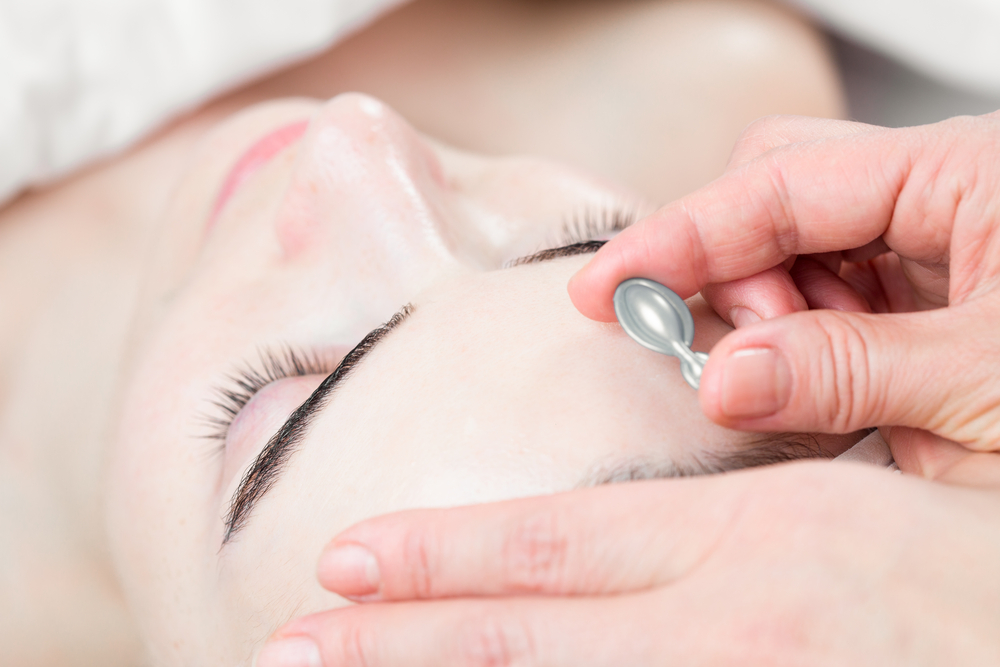
Vitamin A (Retinol)
When it comes to overall skin health, vitamin A is absolutely essential. However, in terms of sun damage, vitamin A is able to protect the skin from free radicals, as well as against photo-aging, and it also increases cell turnover. Just like vitamin C, vitamin A is able to give a boost to the skin’s collagen levels, which helps to keep visible signs of aging at bay for longer. Since retinol can be quite a potent ingredient, it is always recommended that you start off with a lower dosage and work your way up.
It can often be quite worrying to be suddenly presented with accumulated sun damage once you hit your 30s, but by ensuring that your skin care products contain the above ingredients, you will be able to help your body reverse the effects of sun damage, and keep your skin looking healthier, and more youthful, for longer.

